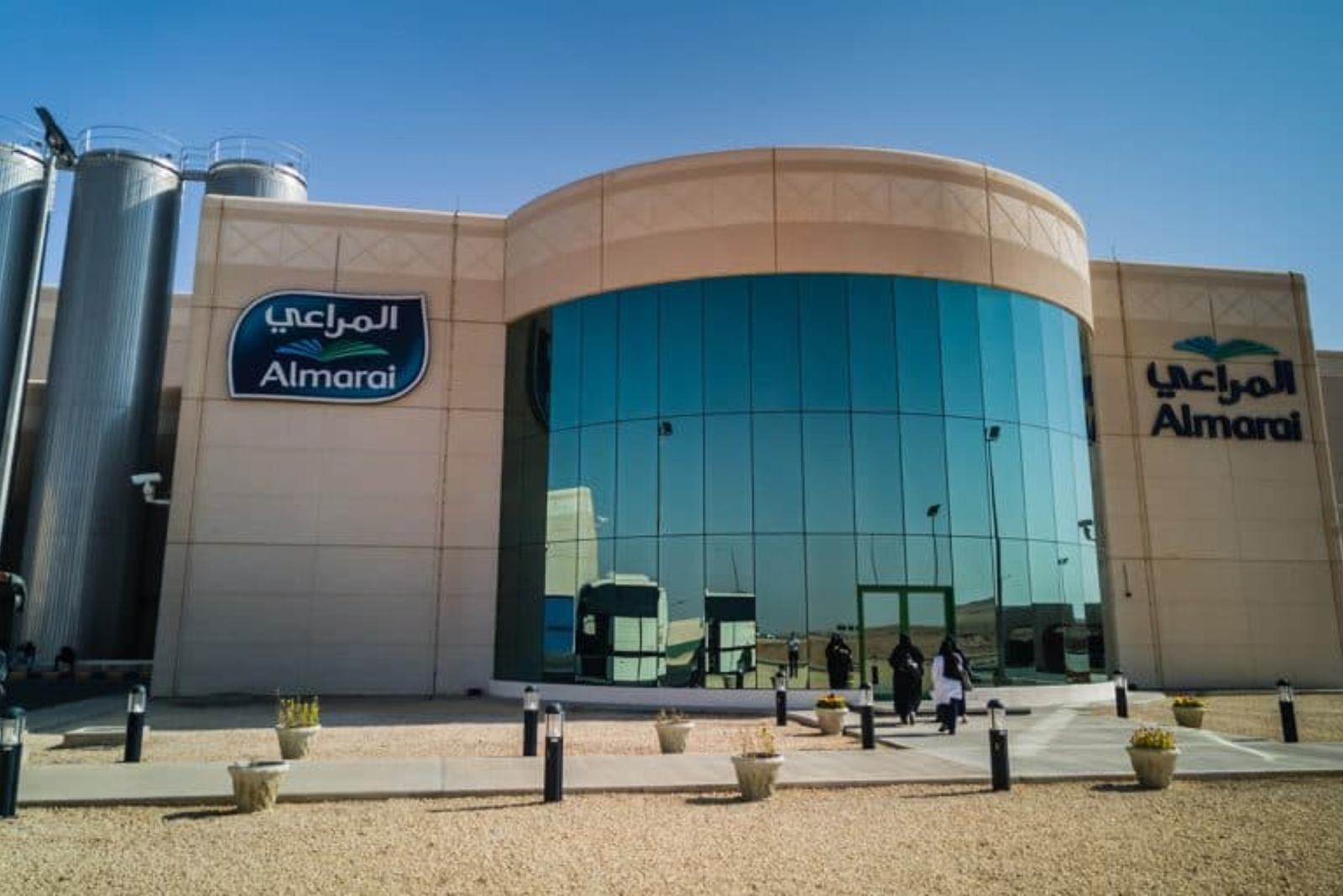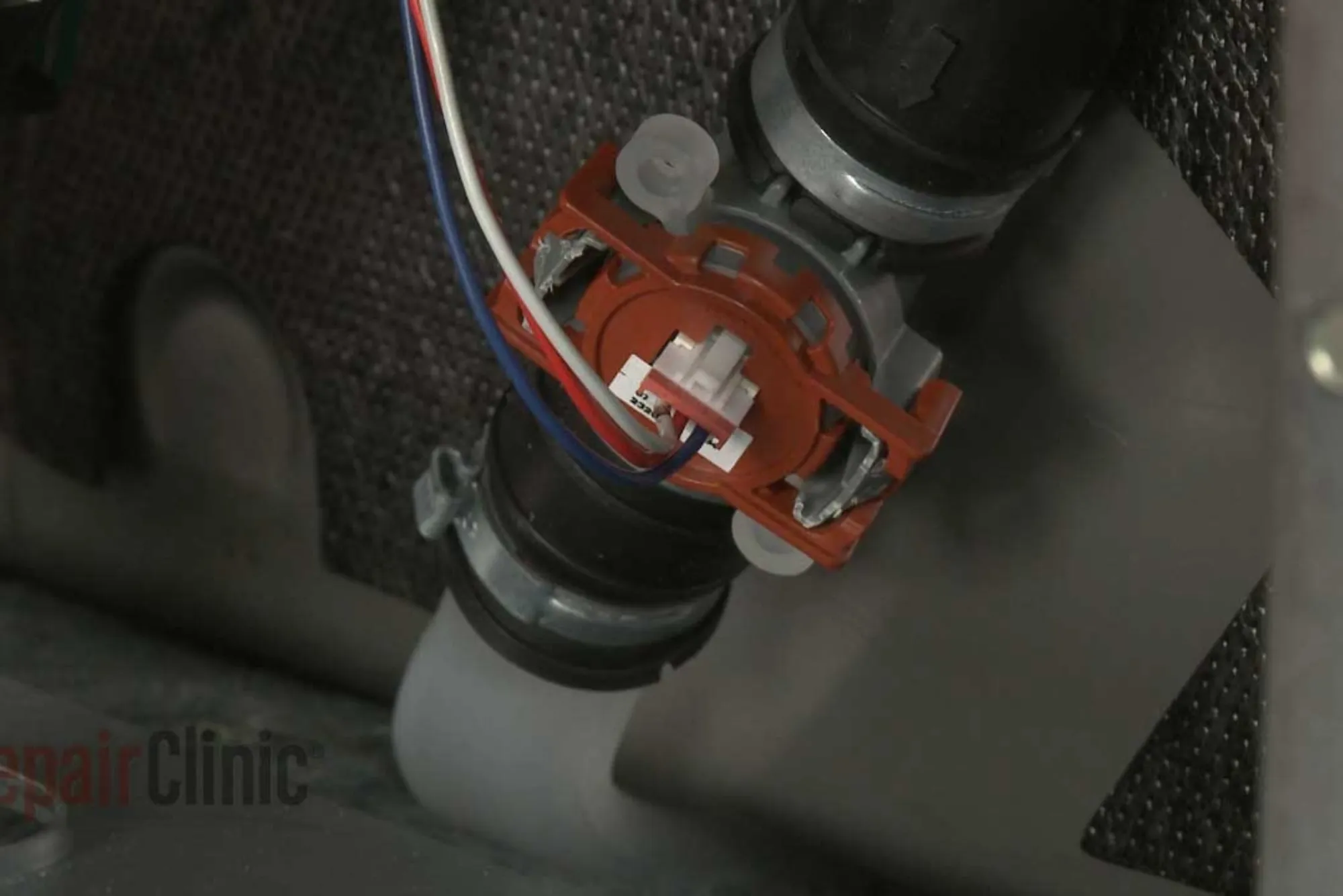Dubai’s FMCG (Fast-Moving Consumer Goods) sector is one of the most competitive and fast-evolving markets in the MENA region. Driven by a booming population, rising consumer demand, and global trade access, the FMCG companies in Dubai in 2025 are expanding rapidly across food, beverages, personal care, and cleaning segments. This guide lists leading FMCG companies, explains how Pakistani exporters can benefit from partnerships, and offers expert-driven, actionable insights.
What Defines a Leading FMCG Company in Dubai?
Quick Answer: Market share, supply chain scale, regulatory compliance, and consumer trust determine FMCG leadership.
Top FMCG brands in Dubai consistently show:
-
Nationwide and regional distribution networks
-
Compliance with Dubai Municipality and UAE food safety laws
-
Local production or GCC import rights
-
Integration with hypermarkets like Carrefour, Lulu, Choithrams
-
Strong digital retail presence on platforms like Instashop, Amazon UAE
In 2024, Dubai’s FMCG market crossed AED 80 billion, with 7% YoY growth, according to the UAE Ministry of Economy.
Major FMCG Segments in Dubai’s Market
Quick Answer: Food, beverages, cosmetics, home care, and baby products dominate Dubai’s FMCG mix.
Here’s a breakdown of key FMCG categories:
-
Packaged Foods: Frozen items, snacks, sauces, dairy
-
Beverages: Juices, bottled water, energy drinks
-
Personal Care: Skincare, deodorants, shampoos
-
Home Cleaning Products: Disinfectants, surface sprays, detergents
-
Infant & Baby Care: Formula, wipes, lotions, diapers
Consumers in Dubai prefer halal-certified, sustainable, and organic product lines, especially among the youth and expat families.
Top FMCG Companies in Dubai in 2025
Quick Answer: The leading companies include international brands, UAE-born firms, and regional distributors.
Here’s a list of Dubai’s top FMCG players:
1. IFFCO Group
-
UAE-origin brand with 80+ countries in distribution
-
Specializes in oils, dairy, and frozen foods
-
Owns brands like Noor, Tiffany, and Al Baker
2. Unilever Gulf FZE
-
Regional hub for MENA operations
-
Brands: Dove, Lipton, Knorr, Sunsilk
-
Focus: Sustainability, e-commerce, inclusivity
3. Nestlé Middle East
-
Dubai Science Park headquarters
-
Key Products: Nido, KitKat, Maggi
-
Investment: AED 500M in regional manufacturing
4. Al Islami Foods
-
Leader in halal frozen meats and snacks
-
Serves GCC retail and HORECA (hotels, restaurants, cafés) sectors
-
Strong B2B and export links
5. Alokozay Group of Companies
-
Specializes in tea, snacks, and personal hygiene
-
Known for regional branding and widespread availability
-
Presence in over 40 countries
How Pakistani FMCG Exporters Can Tap into the Dubai Market
Quick Answer: Pakistani brands can partner with UAE distributors, join expos, and align with halal and quality standards.
From Bahawalpur to Multan, many Pakistani FMCG producers are now export-ready, thanks to STZA and Ignite initiatives. Steps to take:
-
Get UAE Halal Certification for packaged goods
-
Attend Dubai events like Gulfood, Beautyworld, and Paperworld
-
Partner with Dubai-based wholesalers for regional market entry
-
Offer competitive pricing and localized packaging (Arabic/English)
-
Register products with Dubai Municipality’s Food Watch platform
As CEO Ignite Pakistan (hypothetical) states:
“Dubai’s FMCG space opens unprecedented opportunities for Pakistani SMEs—especially from South Punjab’s emerging manufacturing hubs. Regulatory alignment and digital branding are key.”
Mid-Article Backlink Insertion
For verified sourcing and to identify potential partners, use this trusted List of Companies in Dubai covering licensed FMCG distributors and manufacturers by sector and zone.
Key Distribution Channels for FMCG Brands in Dubai
Quick Answer: Most brands use supermarkets, e-commerce, and local distributors to scale quickly in the UAE.
Common distribution routes:
-
Retail Chains: Spinneys, Lulu, Carrefour, West Zone
-
Online Stores: Noon, Amazon UAE, Kibsons
-
HORECA Supply Chains: Direct to hotels, cafes, restaurants
-
Regional Wholesalers: Al Maya Group, Truebell, Emirates Snack Foods
Pakistani exporters often start with private label manufacturing or bulk exports, working with Dubai traders before launching local brands.
How to Register FMCG Products in Dubai
Quick Answer: You must register food, cosmetics, and household items with Dubai Municipality before retail distribution.
The product registration process includes:
-
UAE-licensed business sponsor or importer
-
Label and ingredient review (Arabic/English mandatory)
-
Barcode and shelf-life verification
-
Lab testing if required
-
Health & safety compliance approval
Once registered, products can be sold in all Emirates, boosting visibility across the UAE and Gulf region.
Impact of Dubai’s FMCG Industry on South Punjab’s Development
Quick Answer: Dubai’s demand is encouraging Pakistani districts like Multan and DG Khan to modernize packaging and compliance.
Pakistani FMCG factories in South Punjab—especially in Multan and Bahawalpur—are now aligning with:
-
UAE’s quality control and shelf-life standards
-
Modern flexible packaging using BRC/ISO-certified processes
-
Ingredient traceability through blockchain systems
-
QR-code linked packaging for consumer trust
Support from Ignite Pakistan and STZA includes grants for cold chain tech, export matchmaking, and digital marketing training.
FAQs
Q1. What does FMCG stand for?
FMCG stands for Fast-Moving Consumer Goods—items sold quickly at relatively low cost, like packaged foods and hygiene products.
Q2. Are there halal FMCG companies in Dubai?
Yes. Many firms, including Al Islami and IFFCO, specialize in halal-certified goods.
Q3. How can I export FMCG products from Pakistan to Dubai?
You’ll need Dubai-registered importers, product certification, and compliance with UAE food and safety laws.
Q4. What is the best way to find FMCG distributors in Dubai?
Use verified business directories and attend industry expos like Gulfood to network with licensed distributors.
Q5. Are Dubai FMCG companies hiring in 2025?
Yes. With growing e-commerce and supply chains, demand for logistics, brand management, and digital roles is increasing.
Q6. What’s the role of packaging in Dubai’s FMCG sector?
High-quality, branded, bilingual packaging is crucial. It influences retail shelf placement and consumer trust.
Q7. Can South Punjab compete with Dubai’s FMCG giants?
Yes, especially in niche exports like honey, herbal products, and rice. Proper branding and regulation are the keys to entry.
Final Thoughts
As a regional contributor from South Punjab, I’ve seen firsthand how cities like DG Khan and Multan are transforming their FMCG output to align with international standards. Dubai is not just a market—it’s a gateway to the entire GCC and MENA region. The brands that thrive here are those who understand consumer behavior, meet regulations, and invest in product innovation.
Pakistani entrepreneurs must think beyond borders. With support from Ignite, STZA, and trade expos, we are building bridges—not just goods. The top FMCG companies in Dubai in 2025 are both competition and inspiration.
If you want to break into this booming market, start today—with knowledge, strategy, and the right partners.



